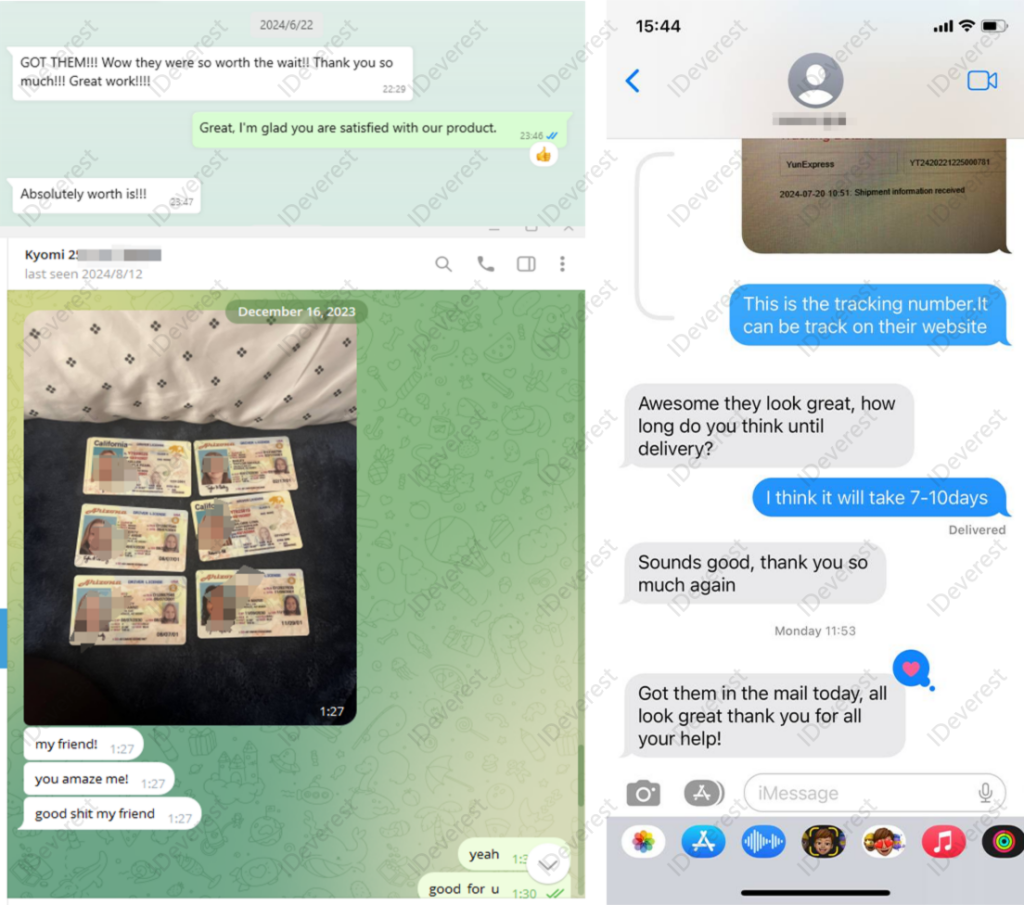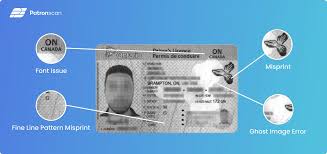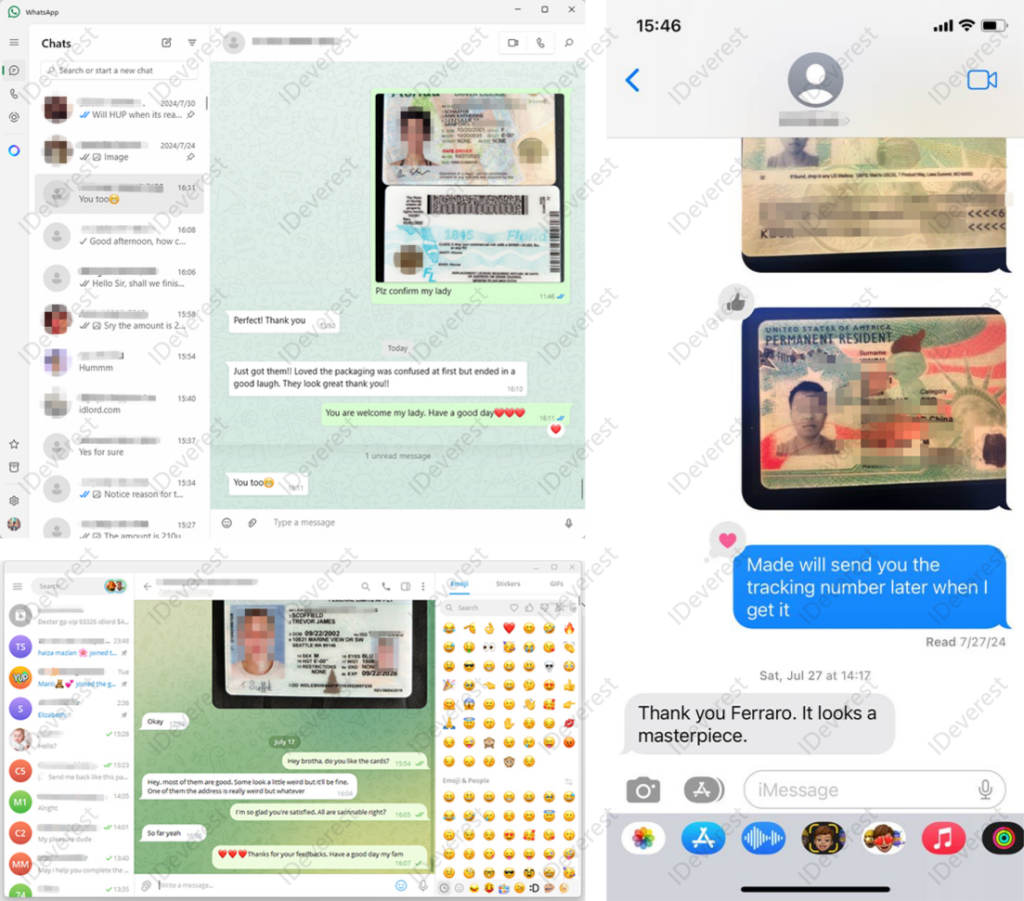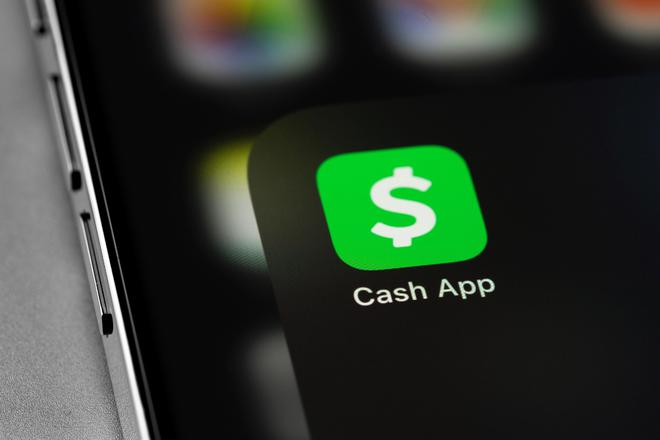What happens if I use someone else's ID?
What Happens if I Use Someone Else’s ID?
Using someone else's ID may seem like a simple act, but it can lead to serious legal, financial, and social consequences. In this article, we will explore what happens if you use someone else’s ID, including potential penalties, legal ramifications, and how such actions are perceived by society. We will also discuss related terms such as identity theft, fraud, and unauthorized use of personal information, along with long-tail keywords to ensure comprehensive coverage of the topic.

1. Understanding Identity Theft and Fraud
Identity theft is a broad term that refers to the unauthorized use of another person’s personal information, such as their ID or social security number. When you use someone else’s ID, whether it’s for financial gain or to impersonate them, you are committing fraud. Fraud and identity theft are both serious offenses that can result in criminal charges. In many cases, the act of using someone else's ID is seen as part of a larger scheme to commit financial fraud or other illegal activities.
Key terms related to this include:
- Identity theft penalties
- Fraudulent use of ID
- Consequences of impersonating someone else
2. Legal Consequences of Using Someone Else's ID
What happens if I use someone else's ID? The legal consequences can vary depending on your location and the extent of the misuse. In most countries, using someone else’s ID is classified as a criminal offense. The severity of the punishment often depends on whether the act was committed intentionally and for financial gain.
Common penalties may include:
- Fines: These can range from a few hundred to thousands of dollars.
- Imprisonment: In severe cases, you could face a prison sentence, especially if the ID misuse involves larger criminal schemes.
- Criminal record: Being convicted of identity theft or fraud will likely result in a permanent criminal record, which can affect future job prospects, travel, and financial opportunities.
3. Financial Impact of Using Someone Else’s ID
When you use someone else’s ID for financial reasons, the results can be catastrophic. If you take out loans, make purchases, or open accounts using a stolen ID, not only can the victim suffer financially, but you will also be held responsible once caught. The financial consequences may include:
- Repayment of funds: You will be required to repay any money obtained fraudulently.
- Damages and restitution: In addition to repayment, courts may order you to pay damages to the victim for the harm caused.
- Bankruptcy or credit damage: Both the victim and the perpetrator can experience long-term damage to their credit score, which can result in difficulty obtaining loans or mortgages.
Long-tail keywords for this section:
- Using someone else’s ID for loans
- What are the financial penalties for ID theft?
- Consequences of using a fake ID for financial gain
4. Social and Ethical Implications
The social and ethical implications of using someone else’s ID cannot be overlooked. Using a stolen ID is a breach of trust, and many people see it as morally wrong. It can damage personal relationships, lead to loss of employment, and cause long-lasting social stigma. The victim of identity theft may experience anxiety, stress, and emotional harm as they struggle to repair their finances and personal reputation.
- Moral implications of using someone else’s ID
- Social consequences of identity theft
- Emotional toll on identity theft victims
5. Preventing Identity Theft and Staying Safe
Given the severe consequences of using someone else's ID, it’s important to be aware of how to protect yourself from identity theft and avoid misusing someone else's information, even unintentionally. Simple steps like using strong passwords, regularly checking your credit report, and not sharing personal information online can help prevent identity theft.
- How to prevent ID theft
- Safe practices for protecting your personal information
- Tips for avoiding the misuse of IDs
Conclusion
To summarize, using someone else’s ID can result in legal, financial, and social consequences that are far-reaching. Whether it’s done with malicious intent or simply out of negligence, the act can lead to serious penalties, including fines, imprisonment, and long-term damage to your reputation. It’s important to understand the full range of outcomes and to protect yourself and others from the risks associated with identity theft and fraud.
This article has covered the following keywords and long-tail phrases:
- What happens if I use someone else’s ID?
- Identity theft penalties
- Consequences of using someone else's ID
- Fraudulent use of ID
- Social and ethical implications of ID theft
Ensuring you are aware of these risks and taking steps to avoid them is critical in today’s interconnected world.
 scannable Fake Arizona DL
scannable Fake Arizona DL
 scannable Fake New Jersey DL
scannable Fake New Jersey DL
 scannable Fake Florida DL
scannable Fake Florida DL
 scannable Fake Georgia DL
scannable Fake Georgia DL